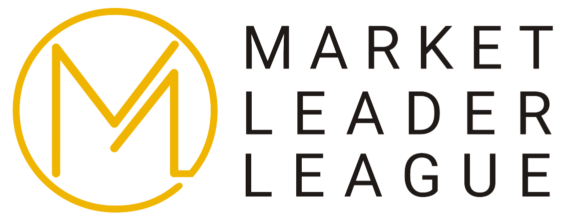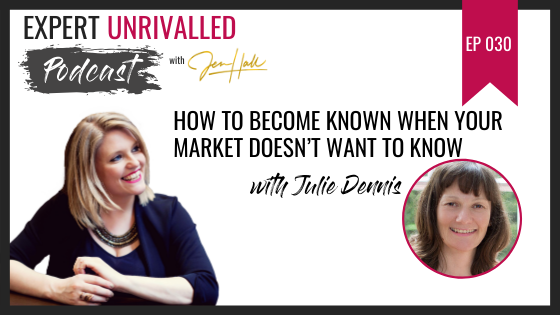Becoming known as the go-to business is pretty much ALL we talk about on this podcast BUT what happens when what you’re selling isn’t something that is immediately wanted by your market? How do you become known and become a priority for your market so that they feel compelled to buy from you? I’m joined by Julie Dennis who talks about her breakthrough in revolutionising menopause at work when her market, in the beginning, didn’t want to know.
In this episode we cover:-
- How to raise awareness of a hidden problem to raise demand for your services.
- The ‘White Paper’ strategy that played a key role in the conversion of her clients.
- The ‘Personal Outreach’ approach to secure clients that snowballed into becoming fully booked.
Useful Links:-
Book onto my Evolve & Elevate Strategy Session – https://marketleaderleague.com/strategysession
Download my free Ultimate Guide to Becoming a Market Leader – http://bit.ly/MARKETLEADERGUIDE
Book a Call with Jen – bit.ly/claritycallpodcast
Send your emails to jen@jen-hall.com
Follow Julie Dennis on LinkedIn & Request her Why Menopause Matters at Work White Paper – https://www.linkedin.com/in/julie-dennis/
http://www.juliedennis.net
[spp-transcript]

